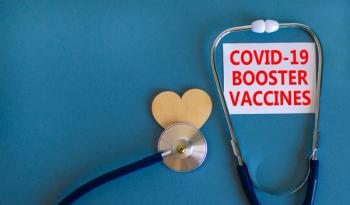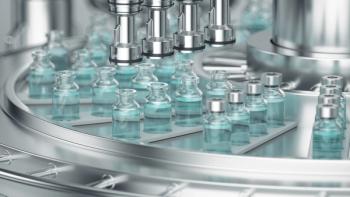
COVID-19 Associated With Decreased Sperm Concentration, Study Finds
Evidence that COVID-19 might affect male fertility is accumulating, although it is an incomplete picture and there is no final word on the subject. This study found a possible effect on concentration but not on sperm motility or morphology.
Several small studies have suggested that SARS-CoV-2, the virus that causes COVID-19, might affect the quality and quantity of sperm. SARS-CoV-2 attaches to angiotensin-converting enzyme 2 (ACE-2) receptor to infect human cells. There’s an abundance of ACE-2 receptors in the lungs, but they are also found in the cells and tissues responsible for the production of sperm, including the
How exactly — and how seriously — an infection with SARS-CoV-2 might affect sperm is still uncertain, but Turkish researchers reported
The study volunteers were 200 men recruited at an in vitro fertilization clinic, so there is a question how applicable the results are to the general population.
The design of the study was straightforward.
Fever can reduce sperm counts and affect sperm motility. The men enrolled in this study had had COVID-19 from four months to a year before the study, so well past the time when any fever associated with COVID-19 might have affected their sperm.
Of the 100 men who had COVID, 58 had had moderate symptoms and 42, mild ones. Aksak and colleagues found that the sperm counts of the men who had moderate symptoms were lower than the men who had had mild ones.
The number of studies looking at whether COVID-19 affects sperm, and therefore male fertility, is growing, but the studies tend to be small or be in special populations, like this one. There is no final word on the subject. Aksak and colleagues said their findings are consistent with other research but also averred that “studies with sperm samples to be taken before, after and in the long term will be very important in terms of understanding how COVID-19 affects male infertility.”
Newsletter
Get the latest industry news, event updates, and more from Managed healthcare Executive.























